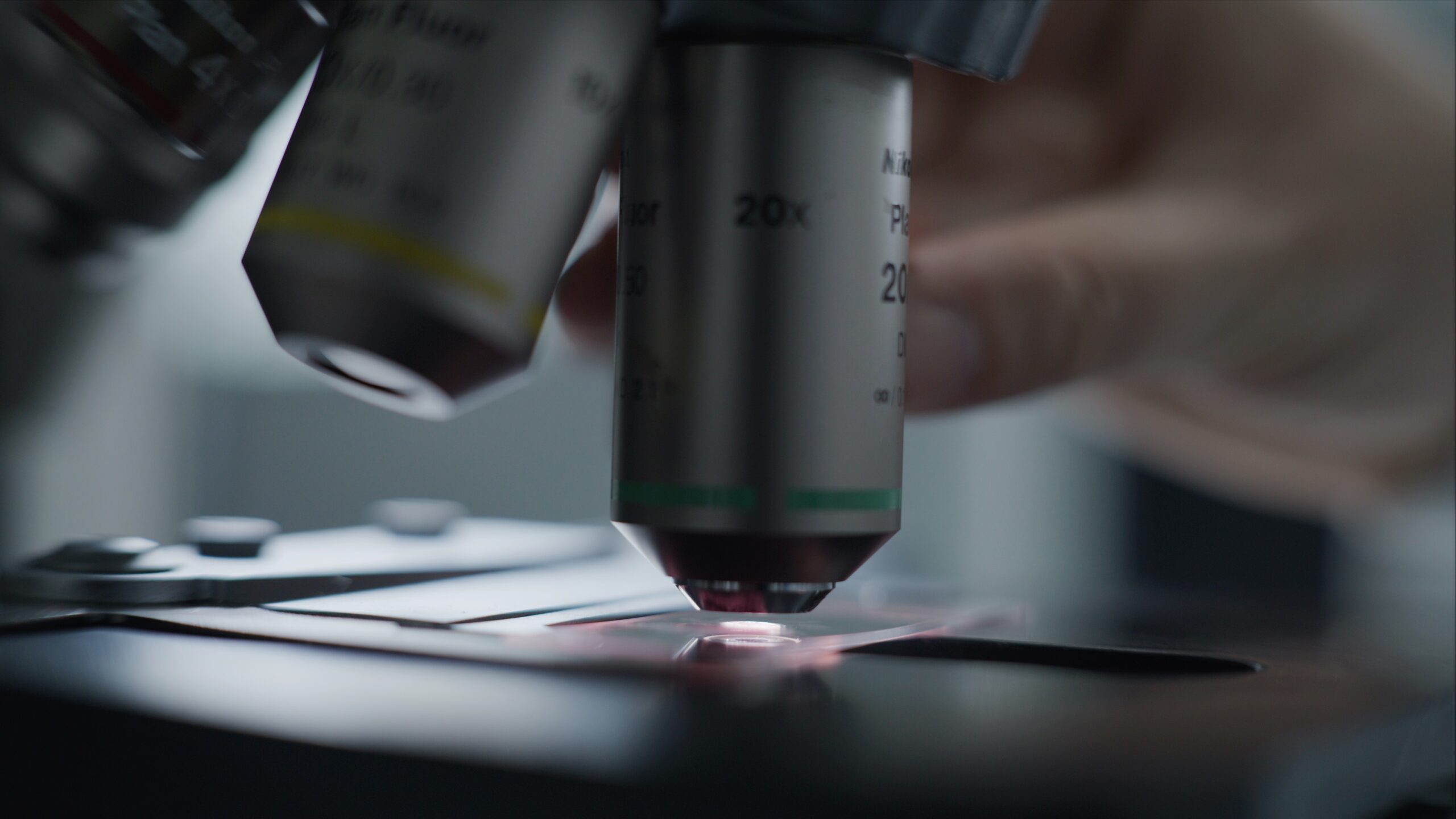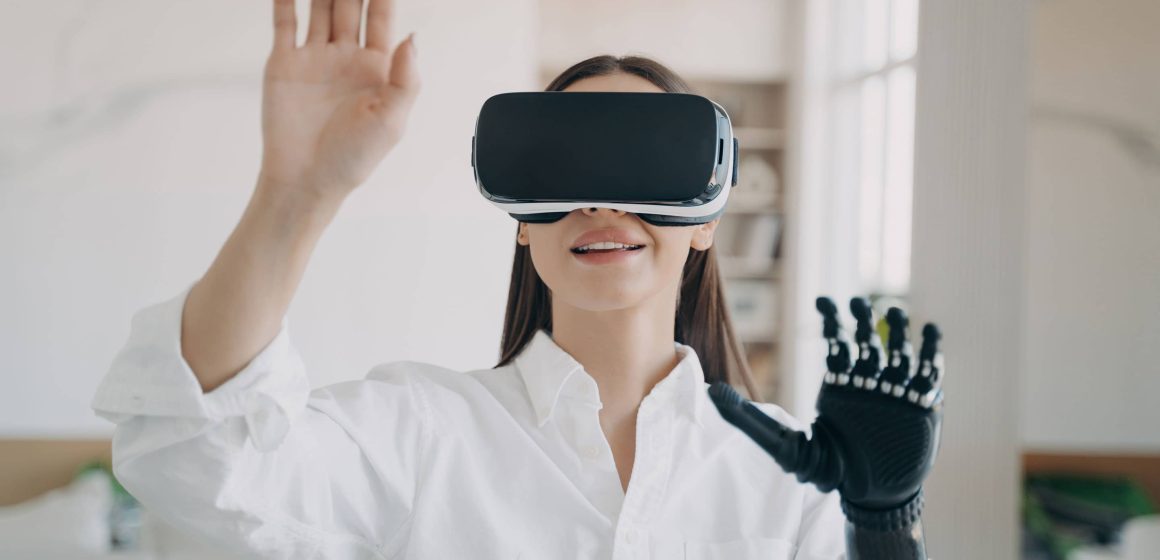Healthcare has always been at the heart of human survival and progress. Over the centuries, medicine has evolved from primitive herbal remedies to advanced surgical procedures and precision-based therapies. Today, we are witnessing one of the most revolutionary eras in medical history, driven by technological breakthroughs, deeper scientific understanding, and a focus on personalized care. This article explores the current state of healthcare, the key innovations shaping its future, and how patients, doctors, and societies are adapting to these changes.
A Shift Toward Preventive Medicine
Traditionally, medicine was largely reactive: patients sought care after becoming ill. Modern healthcare, however, emphasizes prevention. Preventive medicine focuses on reducing the risk of diseases before they develop through lifestyle changes, vaccinations, and early screening.
Chronic diseases such as diabetes, cardiovascular conditions, and certain cancers are often linked to lifestyle factors. Doctors now place greater emphasis on diet, physical activity, stress management, and sleep hygiene as cornerstones of preventive care. For example, programs that integrate nutrition counseling, fitness tracking, and mental health support have shown significant results in reducing the burden of chronic illness.
This shift is not just about individual health—it also reduces costs for healthcare systems worldwide. Preventing disease is almost always more affordable than treating advanced illness. As healthcare costs rise globally, prevention is becoming a central pillar of medical policy and practice.
Personalized Medicine: Treatment Tailored to the Individual
One of the most transformative changes in modern medicine is the rise of personalized medicine. Unlike the “one-size-fits-all” approach, personalized medicine tailors treatment to a patient’s genetic profile, lifestyle, and environment.
Advances in genomics allow doctors to analyze a patient’s DNA and identify genetic mutations linked to specific diseases. This enables more precise diagnosis and targeted therapies. For example, in oncology, genetic testing can reveal mutations that drive tumor growth. Doctors can then prescribe drugs that specifically target those mutations, significantly improving treatment outcomes.
Pharmacogenomics—how genes influence a patient’s response to drugs—is also gaining ground. Some individuals metabolize medications faster or slower than average, impacting effectiveness and risk of side effects. Personalized prescribing reduces these risks, ensuring patients get the right dose and drug for their unique biology.

Artificial Intelligence and Digital Health
The integration of artificial intelligence (AI) into healthcare is reshaping diagnosis, treatment planning, and patient monitoring. AI-powered algorithms can analyze massive datasets—from medical images to electronic health records—faster and more accurately than humans in certain tasks.
Radiology is a prime example. AI tools are now capable of detecting early signs of diseases such as lung cancer, brain tumors, or fractures with remarkable precision. In some cases, AI can spot abnormalities invisible to the human eye, allowing for earlier intervention.
Digital health tools also empower patients to take control of their wellbeing. Wearable devices track heart rate, sleep, blood sugar, and physical activity in real time. Mobile health apps provide reminders for medications, suggest exercises, and offer mental health support. These tools not only promote self-management but also allow doctors to monitor patients remotely, reducing the need for frequent hospital visits.
Telemedicine: Expanding Access to Care
The COVID-19 pandemic accelerated the adoption of telemedicine, transforming how healthcare is delivered. Video consultations, online prescriptions, and remote monitoring became essential tools during lockdowns, proving that high-quality care can be delivered without physical presence.
Telemedicine benefits both patients and healthcare providers. For patients, it eliminates travel time, reduces waiting room exposure, and improves access to specialists—especially in rural or underserved areas. For providers, it optimizes appointment scheduling, reduces overhead costs, and improves efficiency.
Although telemedicine cannot replace all aspects of in-person care (such as surgery or certain physical exams), it has firmly established itself as a permanent component of modern healthcare systems. Moving forward, hybrid models—blending virtual and physical care—are likely to dominate.
Regenerative Medicine and Biotechnology
One of the most exciting fields in modern health science is regenerative medicine, which seeks to repair or replace damaged tissues and organs. Stem cell therapy, tissue engineering, and gene editing are pushing the boundaries of what medicine can achieve.
For example, researchers are developing lab-grown organs that could one day solve the global shortage of donor organs. Stem cell treatments are showing promise in repairing spinal cord injuries, restoring vision, and treating degenerative conditions like Parkinson’s disease.
Meanwhile, gene-editing technologies such as CRISPR are opening new doors for treating genetic disorders. Diseases like sickle cell anemia and cystic fibrosis—once thought incurable—may become manageable or even reversible through precise genetic corrections.
While ethical and safety concerns remain, the potential of regenerative medicine could redefine the very concept of healing.
Mental Health: From Stigma to Science
For decades, mental health was a neglected area of medicine. However, awareness has grown significantly, and mental health is now recognized as inseparable from physical health. Depression, anxiety, and stress-related disorders are among the leading causes of disability worldwide, affecting productivity, relationships, and overall wellbeing.
Medical approaches to mental health are evolving beyond medication. Psychotherapy, digital mental health platforms, mindfulness training, and even virtual reality therapies are being integrated into treatment plans. Advances in neuroscience also provide deeper insight into how brain chemistry, genetics, and environment influence mental health, allowing for more personalized and effective care.
The destigmatization of mental health issues is equally important. Public campaigns, workplace wellness programs, and open conversations are helping people seek help earlier, reducing the long-term impact of untreated conditions.
Challenges in Modern Healthcare
Despite incredible progress, modern medicine faces major challenges:
-
Cost of Care – Advanced treatments, while effective, are often expensive and inaccessible to many patients.
-
Health Inequities – Disparities in access to care between wealthy and poor regions remain a global concern.
-
Data Privacy – With the rise of digital health and AI, protecting patient data is critical.
-
Ethical Questions – Gene editing, cloning, and AI raise profound ethical dilemmas that must be carefully addressed.
Overcoming these challenges requires collaboration between governments, medical professionals, technology companies, and patients.

The Road Ahead
The future of healthcare is filled with promise. Advances in biotechnology, digital tools, and personalized medicine are creating opportunities to extend lifespans, improve quality of life, and even eradicate some diseases. At the same time, ensuring affordability, accessibility, and ethical integrity remains crucial.
Ultimately, medicine is not just about technology—it is about people. As healthcare evolves, maintaining empathy, compassion, and human connection will be just as important as scientific progress. The hospitals of the future may be filled with robots, algorithms, and gene therapies, but the healing power of a doctor’s reassurance or a nurse’s care will always remain at the heart of medicine.

Leave a Reply